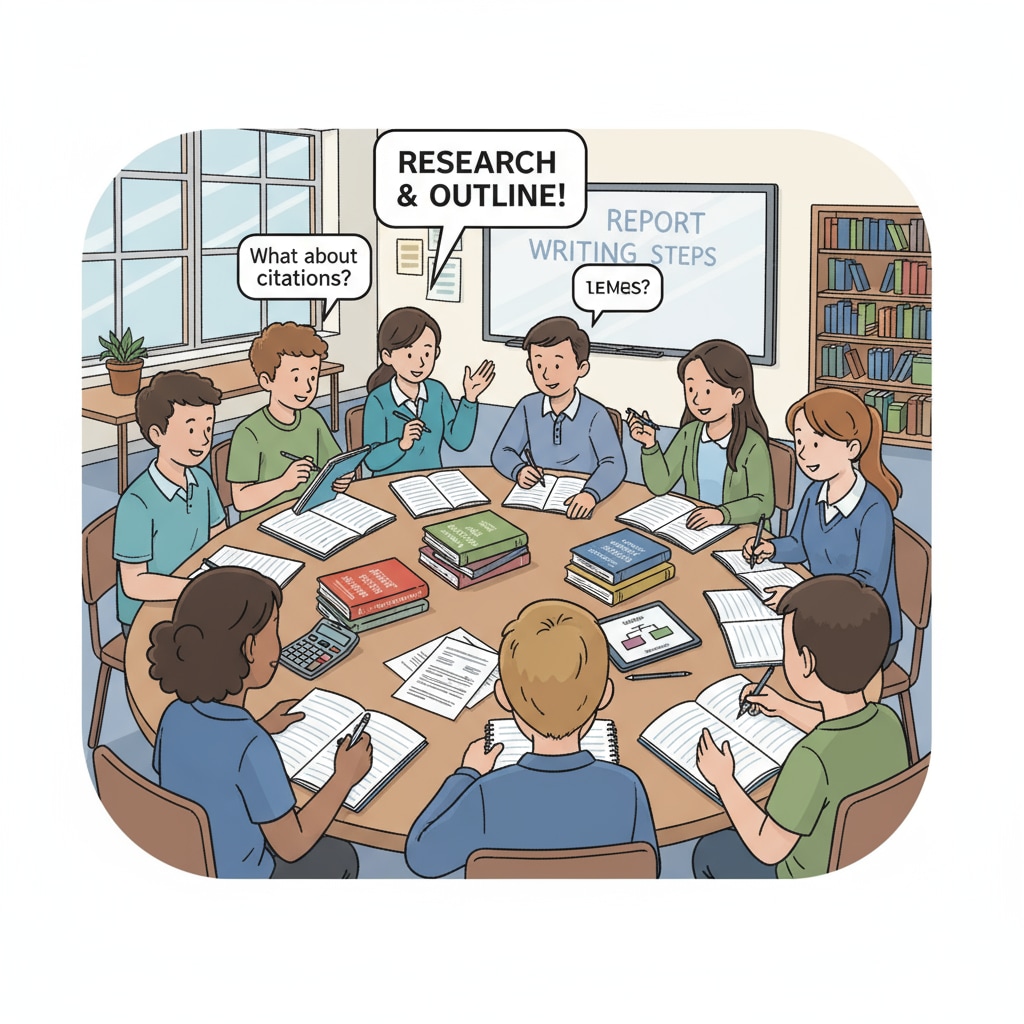Report writing, exam grades, and academic writing are crucial aspects for 10th graders. Many students at this stage find themselves hitting a wall when it comes to writing exam reports, often struggling to move beyond a mediocre grade. If you’re a 10th grader aiming to transform your report writing from a mere 3.5 to a full score, this article is for you.

Understanding the Basics of Report Writing
Before diving into advanced strategies, it’s essential to have a solid grasp of the basics. The 7WH principle – who, what, when, where, why, how, and how much – forms the foundation of any good report. This principle ensures that all the necessary information is included. For example, when writing a science experiment report, you need to clearly state who conducted the experiment, what the objective was, when and where it took place, why certain procedures were followed, how the experiment was carried out, and how much of each substance was used. Report writing on Wikipedia offers more in-depth knowledge on basic report writing structures.

Optimizing the Structure for Impact
The structure of your report can significantly impact its quality. A well-organized report is easier to read and understand. Start with a clear introduction that states the purpose of the report. In the body, break down your points into logical paragraphs. Each paragraph should focus on a single main idea. Use headings and subheadings to make the structure more evident. For instance, if you’re writing a history report, you could use headings like “Background of the Event” and “Key Figures Involved”. Academic writing on Britannica provides useful insights into structuring academic reports.
Deepening Your Arguments
Merely stating facts isn’t enough; you need to develop strong arguments. Support your statements with evidence. This could be data from experiments, quotes from reliable sources, or examples from real-life situations. When discussing a literary work in an English report, quote passages from the book to back up your analysis. Additionally, present different perspectives to show your understanding of the complexity of the topic. This will make your report more comprehensive and engaging.
Elevating Your Language
Language is the vehicle through which you convey your ideas. Use precise and varied vocabulary. Instead of repeatedly using common words, look for synonyms. For example, use “utilize” instead of “use”. Pay attention to grammar and punctuation; errors can detract from the overall quality of your report. Also, vary your sentence structure. Use a mix of simple, compound, and complex sentences to add rhythm to your writing.
In conclusion, by focusing on these aspects of report writing – understanding the basics, optimizing the structure, deepening arguments, and elevating language – 10th graders can make significant strides in improving their exam report writing skills. This will not only lead to better grades but also enhance their overall academic writing proficiency. So, roll up your sleeves and start applying these strategies to transform your report writing from an average 3.5 to a full score masterpiece.

Readability guidance: Use short paragraphs and lists to summarize key points. Provide a list under each H2 whenever possible. Control the proportion of passive voice and long sentences. Incorporate transitional words like “however”, “therefore”, “in addition”, “for example”, and “as a result” throughout the text.


